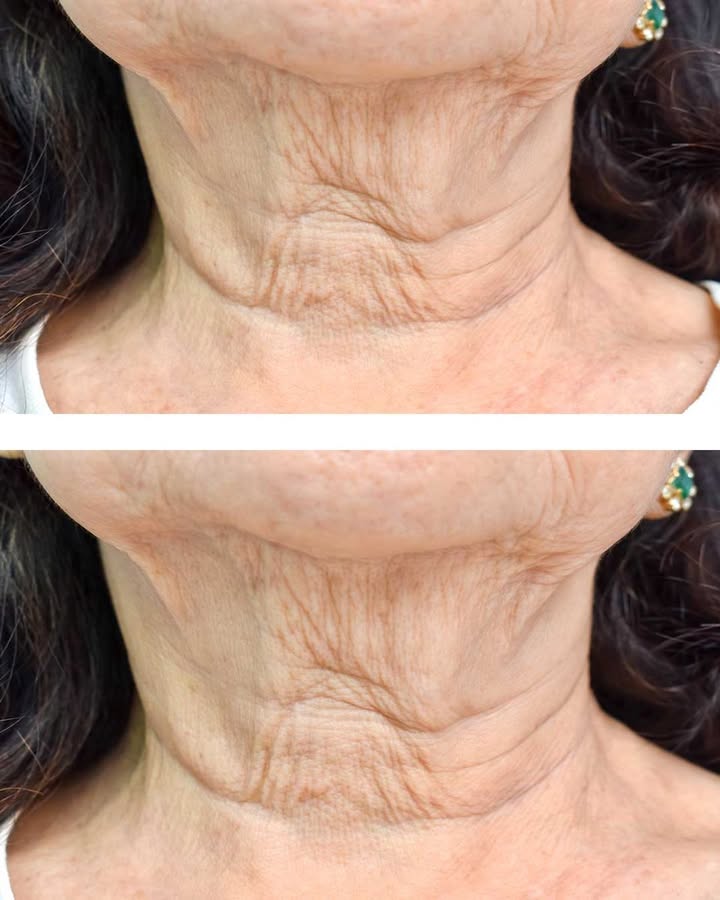If you don’t get enough of this 1 vitamin, your skin may lose elasticity and develop wrinkles
Georgia Lynn
Contributing Writer
Vitamin C, also known as ascorbic acid, is a vital nutrient that plays a crucial role in maintaining the health and vitality of our skin. It is a powerful antioxidant that helps protect the skin from damage caused by free radicals, which are unstable molecules that can lead to premature aging. Vitamin C is essential for the synthesis of collagen, a protein that provides structure and elasticity to the skin. Without adequate levels of vitamin C, the skin can become dull, saggy, and prone to wrinkles. In this article, we will explore the importance of vitamin C for skin health and how a deficiency can impact your skin’s appearance.
The Role of Vitamin C in Maintaining Skin Elasticity
Vitamin C is integral to the production of collagen, a key protein that keeps the skin firm and elastic. Collagen acts as a scaffold that supports the skin, giving it a youthful and plump appearance. As we age, collagen production naturally decreases, leading to sagging skin and the formation of wrinkles. Vitamin C helps to stimulate collagen synthesis, ensuring that the skin remains supple and resilient. Additionally, vitamin C aids in the regeneration of vitamin E, another antioxidant that protects the skin from oxidative stress.
How Vitamin C Deficiency Leads to Wrinkles
A deficiency in vitamin C can have a significant impact on skin health, particularly in terms of elasticity and wrinkle formation. Without sufficient vitamin C, collagen production is impaired, leading to a loss of skin firmness and the development of fine lines and wrinkles. Furthermore, a lack of vitamin C reduces the skin’s ability to repair itself from damage caused by UV rays and environmental pollutants, accelerating the aging process. Over time, this can result in more pronounced wrinkles and a less youthful appearance.
Sources of Vitamin C in Your Diet
To ensure adequate vitamin C intake, it is important to include a variety of vitamin C-rich foods in your diet. Citrus fruits such as oranges, lemons, and grapefruits are well-known sources of vitamin C. Other excellent sources include strawberries, kiwi, bell peppers, broccoli, Brussels sprouts, and spinach. Incorporating these foods into your daily meals can help maintain optimal vitamin C levels, supporting overall skin health and preventing deficiencies.
The Benefits of Topical Vitamin C for Skin
In addition to dietary sources, topical vitamin C products can provide direct benefits to the skin. Serums and creams containing vitamin C can help brighten the complexion, reduce the appearance of dark spots, and enhance skin firmness. Topical vitamin C is effective in neutralizing free radicals on the skin’s surface, providing a protective barrier against environmental damage. Regular use of vitamin C skincare products can lead to a more radiant and youthful appearance.
